A Guide to Gene Therapy Cost in China
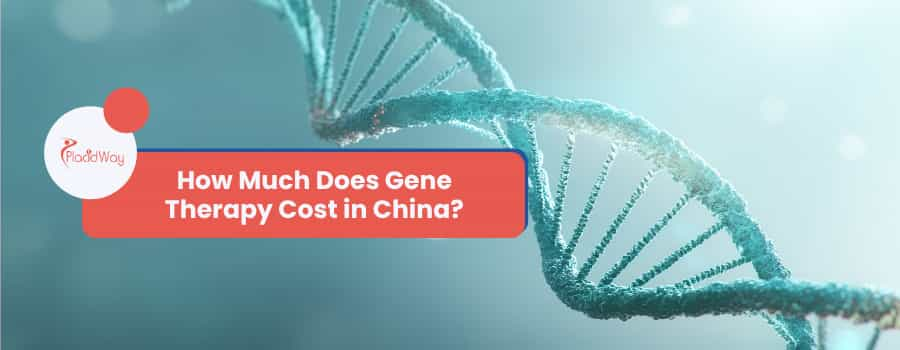
Hello! If you're reading this, you're likely exploring the frontiers of modern medicine. Gene therapy is one of the most exciting advancements, offering potential cures for genetic disorders and persistent cancers. But let's be honest, the first question that pops into most people's minds is about the price. In places like the United States, these treatments can cost millions, making them inaccessible for most. This has turned many people's attention to other global leaders in the field, namely China. So, exactly how much does gene therapy cost in China?
The short answer is: it's significantly more affordable, but there isn't a single price tag. The cost of gene therapy in China can range from approximately $140,000 USD for certain approved cancer treatments (like CAR-T) to around $300,000 USD for more complex procedures targeting conditions like thalassemia or sickle cell disease. China has heavily invested in biotech, becoming a powerhouse for gene therapy research and application. This has led to domestic innovation, more competition, and ultimately, lower prices than you'll find in the US or Europe for comparable treatments.
In this guide, we'll break down everything you need to know. We'll explore the costs for different types of gene therapy, what factors influence the final price, and why China has become a key destination for this cutting-edge medical care. Let's get started.
What is the average cost of gene therapy in China?
It's important to understand that "gene therapy" is a broad term. It covers various high-tech procedures, from CAR-T therapy for cancer to CRISPR-based treatments for genetic disorders. The price is tied directly to the specific technology, the condition being treated, the complexity of the procedure, and the hospital.
Unlike a standard surgery, gene therapy involves custom-engineering cells or viruses, which is an intensive and expensive process. That said, the price range in China is consistently 50-70% lower than in the United States, where treatments like Zolgensma (for SMA) famously cost over $2 million.
Why is gene therapy in China cheaper than in the US or Europe?
Several key factors contribute to China's ability to offer more affordable gene therapy. First, the cost of labor for highly skilled researchers, doctors, and lab technicians is lower than in the West. Second, overall operational costs, from lab space to hospital stays, are significantly less expensive.
Most importantly, China has prioritized biotechnology as a national strategic industry. This has led to massive government and private investment, fostering a highly competitive domestic market. Chinese companies have developed their own versions of cutting-edge treatments (like CAR-T), which are priced for the local market and compete directly with Western imports, forcing prices down for everyone.
How much does CAR-T therapy cost in China?
CAR-T (Chimeric Antigen Receptor T-cell) therapy is a revolutionary immunotherapy for certain types of blood cancer. It involves extracting a patient's T-cells, genetically re-engineering them to target cancer, and re-infusing them into the body. In the US, treatments like Kymriah ($475,000) and Yescarta ($373,000) set a very high price bar.
China has multiple domestically approved CAR-T therapies. This local competition is the primary reason for the more accessible pricing. For international patients, this makes China a prime destination for affordable cancer gene therapy.
Are there different approved CAR-T therapies in China with different prices?
Here are some of the key CAR-T products approved in China and their approximate list prices:
- Yikaida (Axicabtagene Ciloleucel): Approved in 2021, this therapy from Fosun Kite (a joint venture) is priced around 1.2 million RMB (approx. $168,000 USD).
- Carteyva (Relmacabtagene Autoleucel): From JW Therapeutics, this was the second to be approved and is priced around 1.29 million RMB (approx. $181,000 USD).
- FUCASO (Equecabtagene Autoleucel): An approved therapy for multiple myeloma, with a list price around 1.166 million RMB (approx. $163,000 USD).
- Inaticabtagene Autoleucel: Approved for B-cell acute lymphoblastic leukemia (B-ALL) and priced lowest at 0.999 million RMB (approx. $140,000 USD).
What is the cost of CRISPR gene therapy in China?
CRISPR-Cas9 is a gene-editing tool that allows for precise changes to DNA, offering potential cures for genetic diseases like sickle cell anemia and beta-thalassemia. While many CRISPR treatments are still experimental, China is a world leader in CRISPR clinical trials.
For treatments that are commercially available or offered through advanced medical programs, the price is higher than for CAR-T but still less than in the West. This cost covers the complex lab work, personalized treatment development, and hospital care required.
What factors influence the final cost of gene therapy in China?
Here’s a simple breakdown of what goes into the total cost:
- The Therapy Itself: This is the biggest expense. Creating a personalized CAR-T infusion or CRISPR treatment is a highly complex, resource-intensive lab process.
- Hospital & Clinic Fees: Premier international hospitals in major cities like Beijing or Shanghai may have higher fees than other clinics, but they also offer higher standards of care and experience with foreign patients.
- Duration of Stay: Patients often need to stay in the hospital for several weeks for monitoring after the infusion. The length of this stay affects the final bill.
- Diagnostics & Testing: A comprehensive set of tests is required before the treatment to ensure eligibility, which adds to the cost.
- Supportive Care: Patients may need additional treatments, like chemotherapy (in the case of CAR-T) or medications to manage side effects, which are factored in.
Does the cost of gene therapy in China vary by hospital?
When researching medical tourism in China for gene therapy, it's wise to look at the total package being offered. A slightly higher price at a top-tier hospital might include all pre-op tests, follow-up care, and translation services, which could end up being a better value than a lower-cost "base price" at another facility.
Always ask for a detailed quote that outlines all inclusions and potential extra charges. Reputable medical tourism facilitators can help you compare these packages from vetted hospitals.
What is the cost of gene therapy for specific conditions in China?
The complexity of the treatment varies. CAR-T is a well-established (though complex) procedure. Treating a monogenic disease like beta-thalassemia might involve a different, potentially more intricate, gene-editing approach like CRISPR, which is reflected in the price.
Below is a cost comparison table that puts these numbers in a global perspective, illustrating the significant savings available in China.
Cost Comparison: Gene Therapy in China vs. Other Countries
Here is a detailed comparison of approximate costs for advanced therapies across different countries. *Note: These prices are estimates for comparison and can vary.*
| Treatment Type | Country | Approximate Cost (USD) |
|---|---|---|
| CAR-T Therapy (e.g., Yikaida) | China | ~$168,000 |
| CAR-T Therapy (e.g., Kymriah) | USA | ~$475,000 |
| Gene Therapy for Thalassemia/SCD | China | ~$300,000 |
| Gene Therapy for Thalassemia (e.g., Zynteglo) | USA | ~$2,800,000 |
| Gene Therapy for SMA (e.g., Zolgensma) | USA | ~$2,125,000 |
How much is gene therapy for thalassemia in China?
This is a fraction of the cost of approved therapies in the West. For example, Zynteglo (betibeglogene autotemcel) was approved in the US with a price tag of $2.8 million. The $300,000 price point in China makes a potential cure accessible to a much broader range of international patients.
What about gene therapy for sickle cell disease (SCD) in China?
This all-inclusive cost stands in stark contrast to the multi-million dollar price tags for recently approved SCD gene therapies in the US. The affordability and high level of expertise make China a top destination for patients seeking a curative treatment for this debilitating disease.
What types of gene therapy are available in China?
China's biotech sector is not just copying; it's innovating. You can find:
- Approved CAR-T Therapies: For lymphoma, leukemia, and multiple myeloma.
- Advanced CRISPR Therapies: China was home to some of the world's first CRISPR trials and offers treatments for hemoglobin-related disorders.
- Gendicine: The world's first-ever approved commercial gene therapy (for head and neck cancer) originated in China in 2003.
- Clinical Trials: China has one of the highest numbers of active gene therapy clinical trials in the world, giving patients access to treatments not available elsewhere.
Are there hidden costs associated with gene therapy in China?
When you receive a quote, ask for a detailed list of what is and isn't included. Does the price cover potential complications? What about follow-up appointments after you leave the hospital? Planning for these extra costs is a crucial part of budgeting for medical tourism in China.
Does Chinese medical insurance cover gene therapy?
The affordability of the gene therapy cost in China is based on the self-pay price. Patients traveling for care should be prepared to cover the full cost of the treatment themselves. This is why the lower price point is so critical, as it makes a self-funded treatment feasible for many.
Is gene therapy in China safe and reliable?
China's top hospitals and biotech firms are competing on a global stage. They publish their research in leading international journals and present their findings at major medical conferences. The doctors and scientists are often trained at top institutions in the US and Europe.
However, like anywhere, the quality can vary. It is crucial for international patients to work with a trusted medical tourism partner to connect with vetted, high-quality, and accredited hospitals that have proven experience in treating foreign patients.
What is the process for a foreigner to get gene therapy in China?
Here’s a typical step-by-step journey:
- Initial Inquiry: You contact a medical tourism provider or a hospital's international patient department.
- Medical Review: You submit your complete medical records. A team of Chinese specialists reviews your case to confirm if you are a good candidate.
- Treatment Plan & Quote: If you are eligible, the hospital provides a detailed treatment plan and a comprehensive cost quote.
- Logistics: You handle your medical visa (the hospital provides an invitation letter), flights, and accommodation.
- Arrival & Evaluation: You arrive in China and undergo a final round of in-person consultations and diagnostic tests.
- Treatment: This phase can take weeks. For CAR-T, it involves T-cell collection, cell engineering (which takes time), and then re-infusion.
- Recovery & Monitoring: You will be monitored closely in the hospital for several weeks for any side effects before being cleared to travel home.
Which are the best hospitals for gene therapy in China?
When searching for a hospital, look for those with:
- International accreditation (e.g., JCI).
- A dedicated international patient center with English-speaking staff.
- Verifiable experience and a strong reputation in gene therapy.
- Affiliation with major universities or research institutions.
Working with a medical tourism facilitator can be invaluable here, as they have already vetted the top centers and can match you with the one best suited for your medical needs.
What should I look for in a Chinese clinic for gene therapy?
Ask questions. How many international patients have they treated with this therapy? What are their success and complication rates? What does the post-treatment follow-up process look like? A trustworthy clinic will be able to provide clear answers to all these questions.
Ready to Explore Your Options?
PlacidWay is your trusted partner in connecting you with world-class, accredited medical centers in China and around the globe. Contact us today for a free, personalized consultation and let us help you navigate your path to better health.
Get Free Quote
.png)
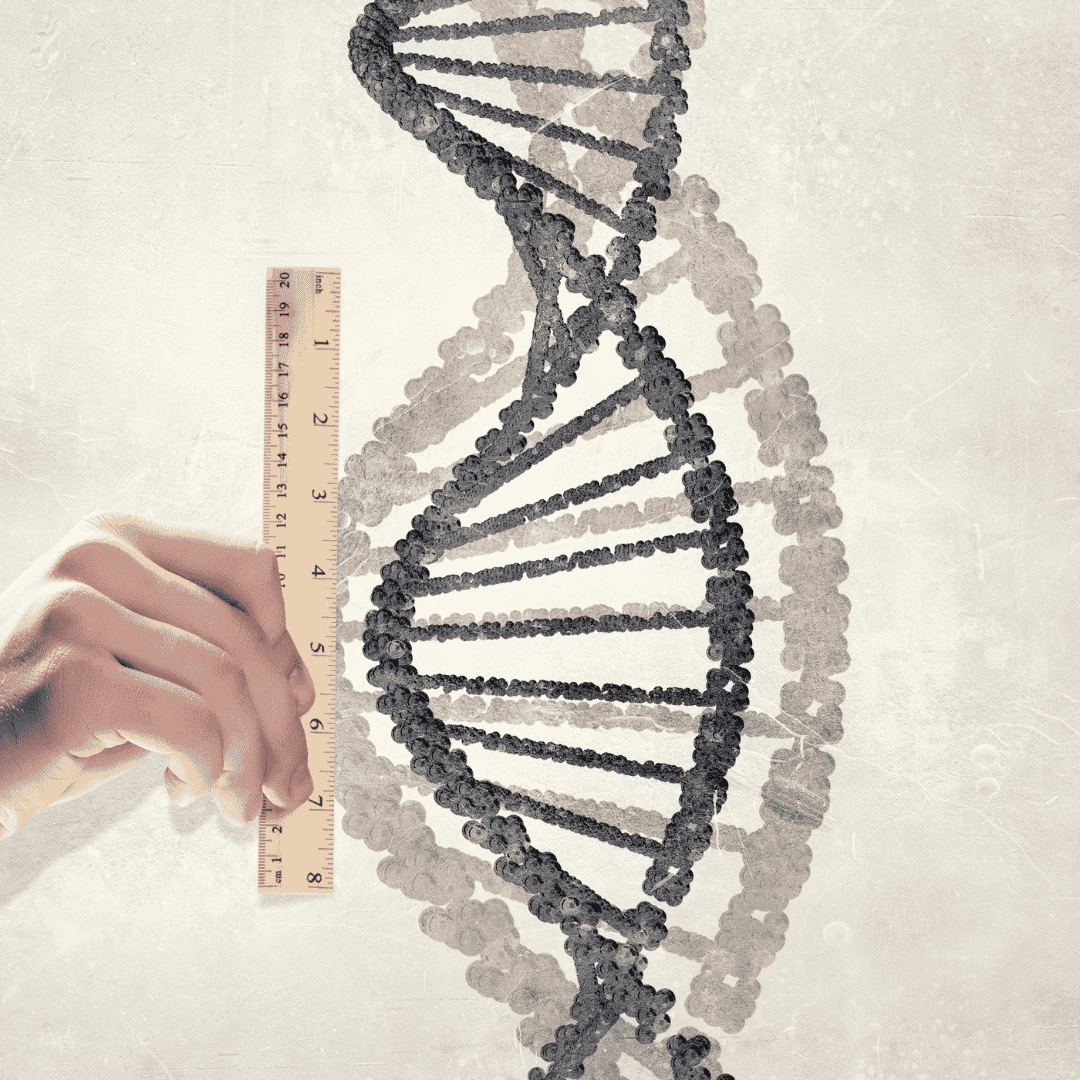



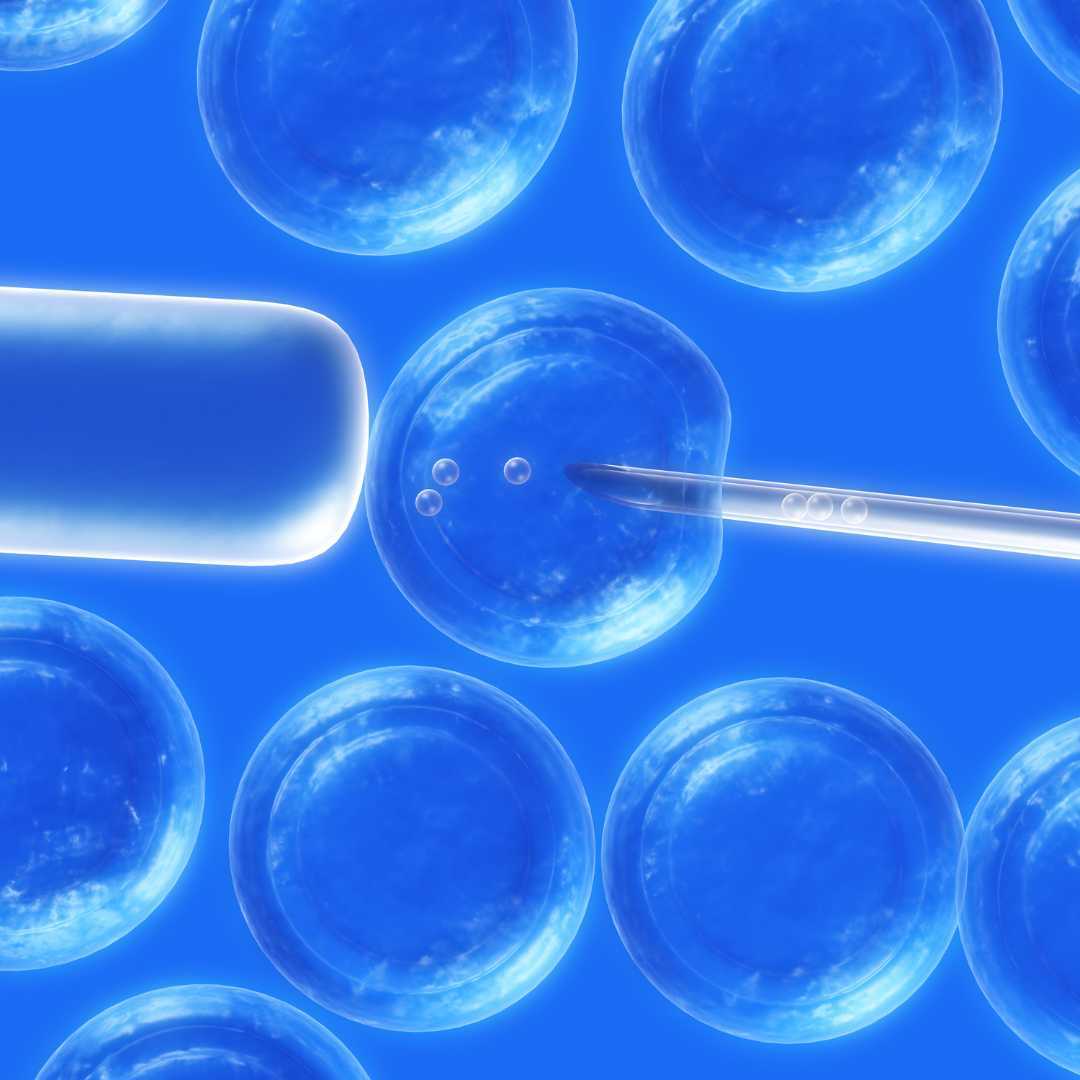




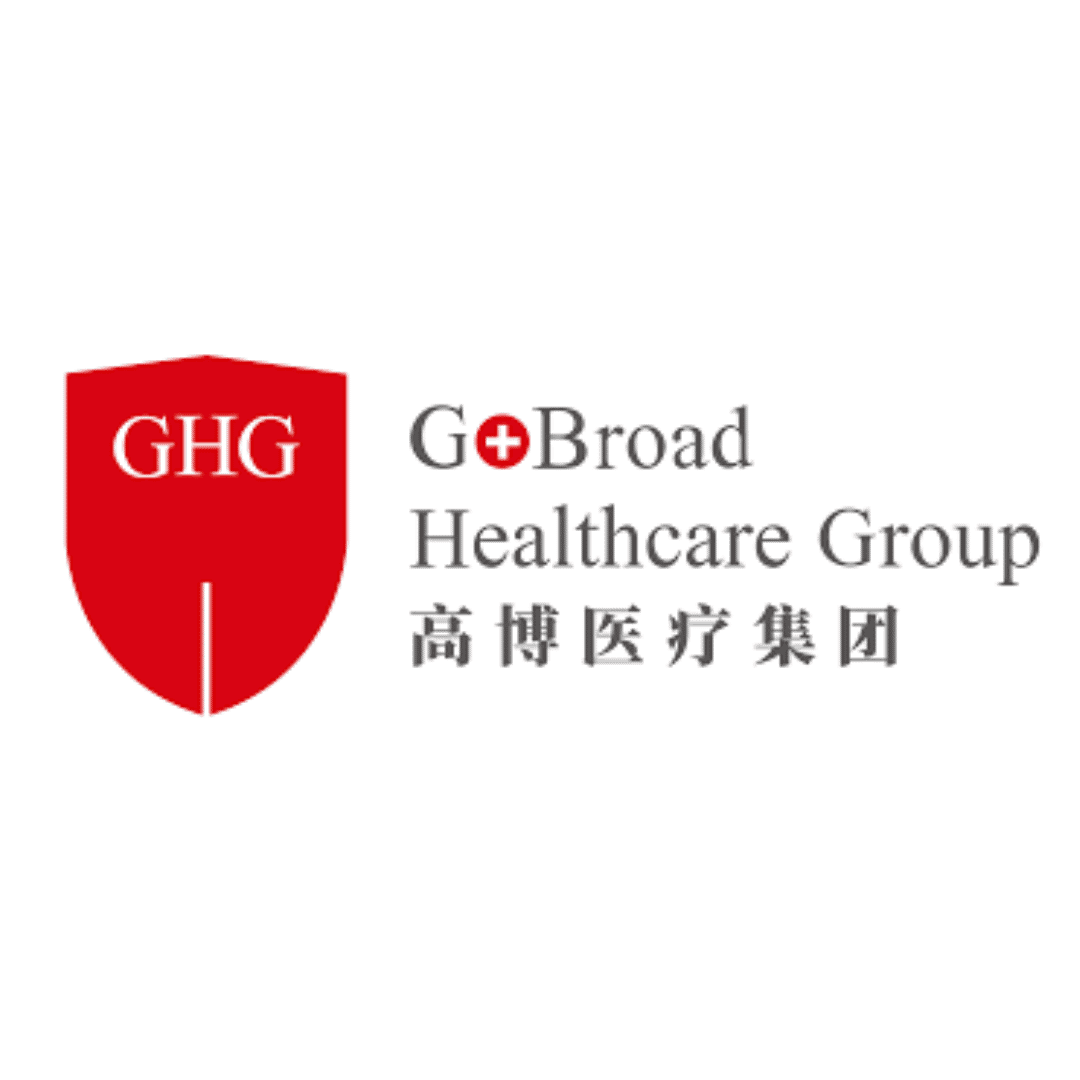
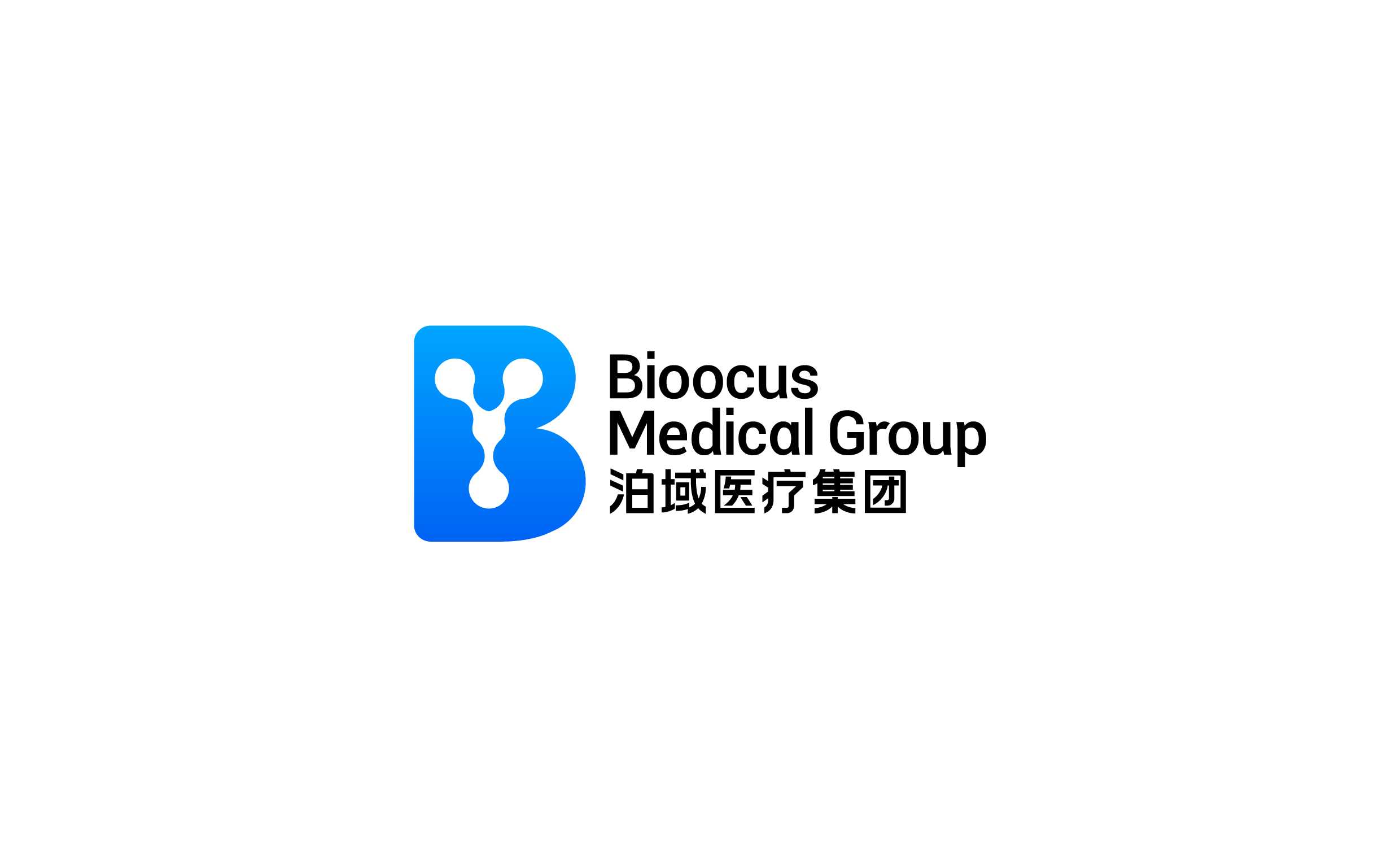
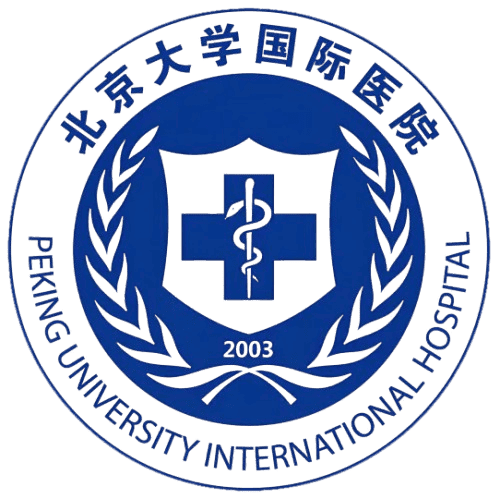
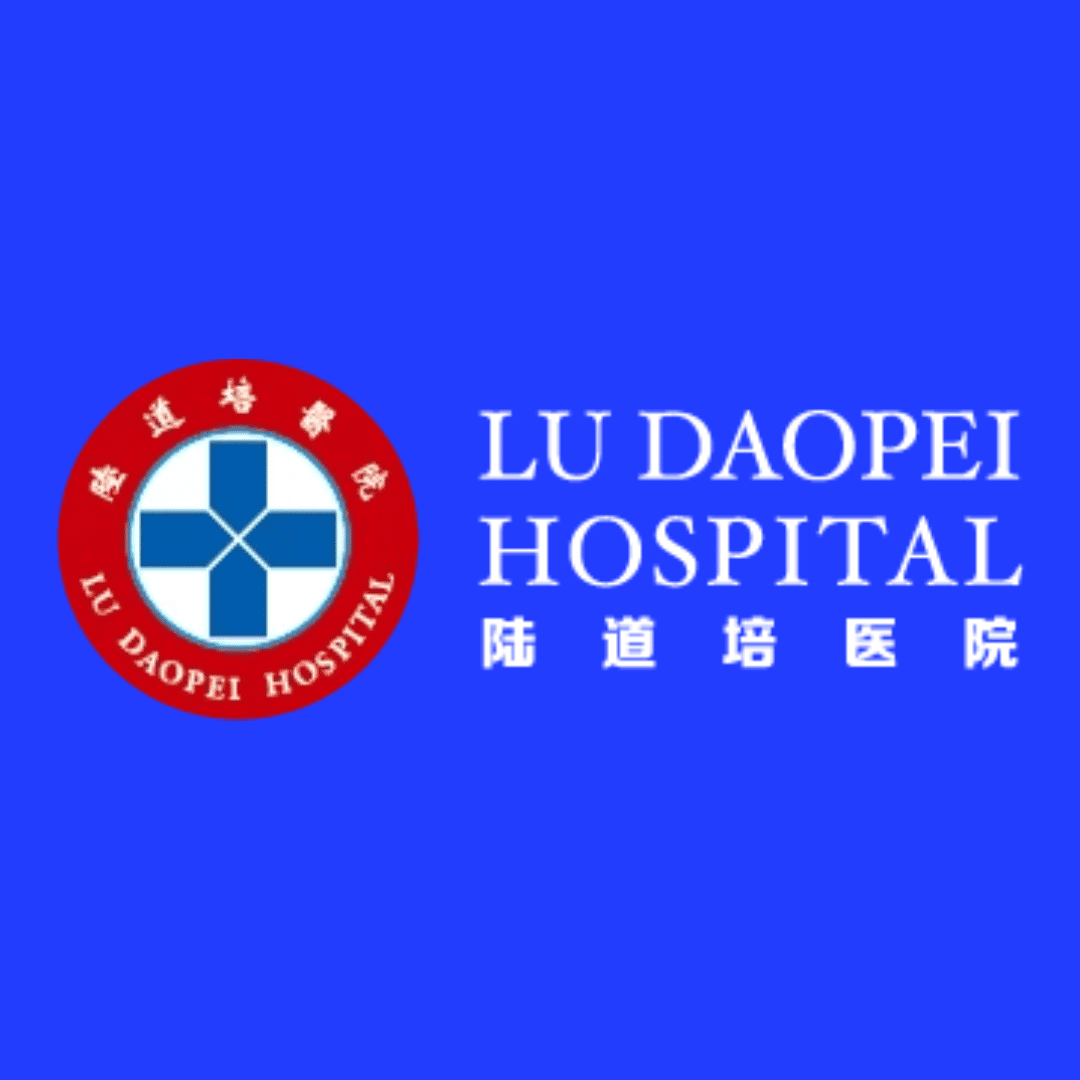

Share this listing